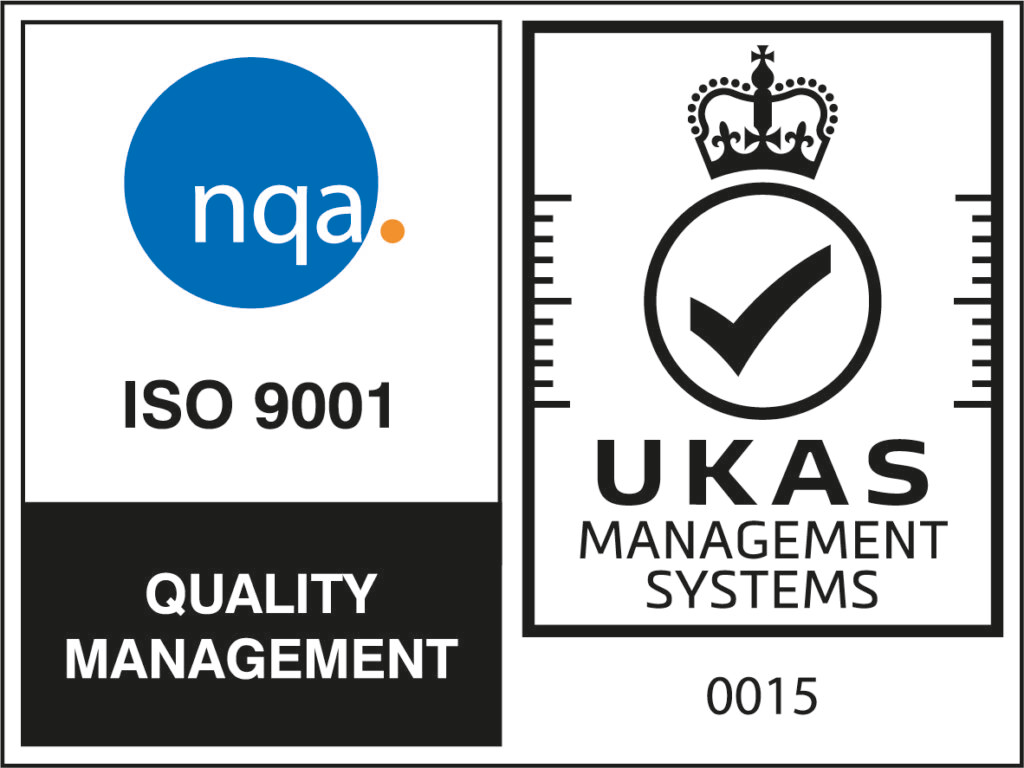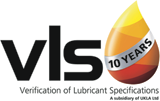VLS Bulletin – April 2025 – Case 010200
VLS 010200 – SCT Vetriebs GmbH Mannol Brake Fluid DOT 4 3002
On 18th December 2023 the case was accepted by VLS.
The Complainant alleged that the batches of material they procured, sampled and tested failed in critical areas of performance required for safe brake operation. The results, they claimed, fall short of the specification limits stated in US FMVSS 116 DOT 4.
The Complainant claimed they purchased two samples of product and conducted a Kinematic Viscosity test at -40 degrees centigrade, a SBR Elastomer test at 120 degrees centigrade and a water tolerance/bubble travel time test. The stated that values obtained for both samples were extremely high and at low operating temperatures would result in reduced brake system response time when the brakes are applied. This is a severe safety issue which may result in a vehicle accident and possible injury to any persons involved or worse.
The Swell test results they claimed were in excess of the DOT 4 limits. They alleged that this could lead to brake system failure due to the ineffective performance of any elastomers used in its construction. Ineffective braking operation could lead to accident and personal injury.
Batch MD46_PEA-230526 they claimed failed the water tolerance test. The Complainant stated that failing this test will lead to the impairment of the fluid’s ability to exert an effective hydraulic pressure on the braking components. They alleged that this is a severe safety issue which may result in a vehicle accident and possible injury to any persons involved or worse.
The Complainant stated that the fluids do not comply with the declared specification of US FMVSS 116 DOT 4 and their inability to do so presents a grave risk to end users. This complaint should be investigated as a matter of urgency due to its critical nature.
VLS independently procured a sample of the product within the UK and tested it for Kinematic Viscosity @ -40 degrees centigrade, SBR Elastomer Swell Test @ 120 degrees centigrade, and Water Tolerance / Bubble travel time – seconds. The test results show that the product failed to meet the specification limits across all three tests. The test results were shared with Lubriage Ltd, trading as Mannol UK and we invited them to comment on these along with steps they will take to bring the product into compliance. As the distributor of the product in the UK, Lubriage Ltd, trading as Mannol UK is liable for the claims made on the product and the product’s compliance with market standards such as DOT 4.
In response Lubriage Ltd trading as Mannol UK verbally assured VLS that they had immediately stopped selling the product on the UK marketplace although they have not formally responded in writing and VLS has not seen any evidence of the product being quarantined or withdrawn from their distributors or any attempt to contact the end users who might have purchased the product through their distributors to recall the product.
VLS has also escalated the issue as a consumer product safety issue to its Primary Authority partner Bucks & Surrey Trading Standards and will conduct a formal six-month review of the case in line with its stated process.
On 9th April 2025 VLS undertook a six-month review of the case and as part of this sourced and tested a new sample of the product which was found to be non-compliant against the Dot 4 specification performance claim which could cause risk to personal injury, accident or even risk loss of life. Consequently the case will be referred to Trading Standards and a press release issued in the interests of public safety.
David Wright, Company Secretary of VLS said “We want to ensure we have the highest standards in Europe for lubricant manufacture, blending and marketing, and we want a ‘level playing field’ for all participants, so that we protect the interests of the consumer and other end users.
In the Verification of Lubricant Specifications (UK) Ltd, we have set our course for stronger industry self-regulation by working positively towards more open and transparent competition that benefits all lubricant organisations.”
April 2025




